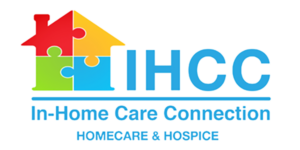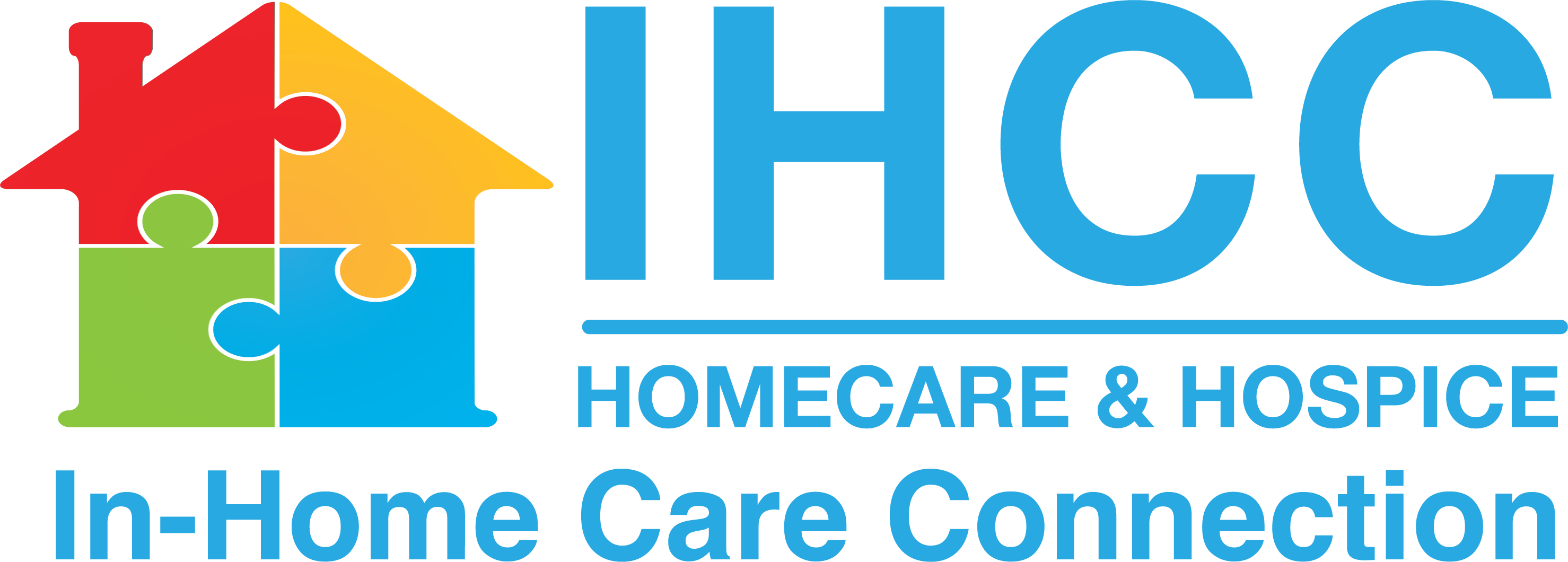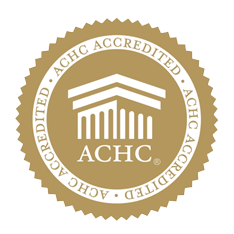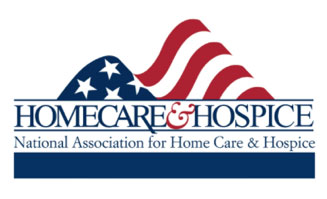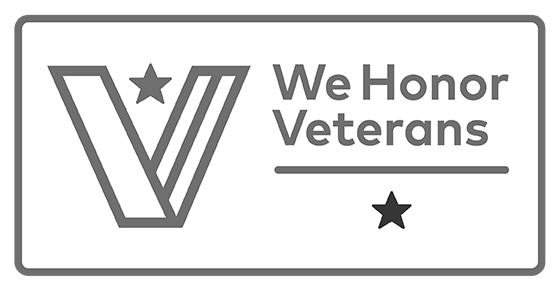Caring Connections
Helpful tips for family caregivers
December 2013/January 2014
The holidays are often a time of getting together with family (high blood pressure, anyone?). All kidding aside, it can be a time of important discussions, too. Here are some suggestions to help you stay focused on the big picture.
Constructive criticism: when to speak up
 Caring for a family member often involves collaborating with other relatives. Sometimes you will agree. Sometimes you won’t.
Caring for a family member often involves collaborating with other relatives. Sometimes you will agree. Sometimes you won’t.
Debating every item may not be the best use of family time. In some situations, the wisest course is to be quiet and let others do it their way.
That said, there are times when you should speak up, specifically when another person’s safety or deep well-being is at risk.
One simple way to decide when to speak up is to ask yourself the following three questions:
- Is it true? Watch out for assumptions. Do you know the facts? Did your sister really miss giving mom her meds several nights last week? Or is that only what seems to make sense, based on what you’ve seen (or what you’ve heard from someone else)? Instead of jumping to a conclusion, acknowledge what you don’t know and ask for information. Most important, don’t ask a third party. Go directly to the source.
- Is it kind? Focus on the problem rather than on the person. Avoid “you” statements (“You . . .”). They tend to make people defensive. Instead, switch your observation to an “I” statement. For example, instead of saying, “You’re not changing mom before taking her out!” say, “I’m concerned about keeping mom dry after what the doctor said about her skin.” Then express empathy and make it a shared goal, if possible: “Changing her is certainly my least favorite task. Still, I’d like us both to commit to changing her every . . .”
- Is it necessary? Pick your battles. You stand a better chance of being heard if you are only occasionally raising issues. Keep your focus on the real risk of harm. So what if dad had spaghetti three nights in a row? Better that your brother fixed the grab bars in the bathroom than spent time in the kitchen! Let the small stuff go.
Return to top
Gather important documents
 If you are the person most likely to step in if your loved one is unable to get to the bills—a hospitalization, dementia—you need to get oriented. And organized!
If you are the person most likely to step in if your loved one is unable to get to the bills—a hospitalization, dementia—you need to get oriented. And organized!
It’s easy to lose track of paperwork, especially someone else’s. Professionals recommend gathering important documents in a file or binder for safekeeping. Put that in a locked and fireproof location. Consider a small home safe. Or a safe deposit box at the bank.
Assembling this packet with your relative’s help ensures that you know about all the accounts that exist. (It’s never too early to put this information together. One never knows when a serious problem might arise!)
Following is a checklist of top-priority health and financial documents. Make sure you have the signed originals. Copies may not be legally accepted.
- Original will or trust documents. These can also be kept at the lawyer’s office.
- Durable power of attorney for finance. This is a document. Confusingly, it’s also the title of the person named in the document to make financial decisions if your relative cannot. If you are the person gathering together important documents, you probably are, or should be, the durable power of attorney for finance.)
- Advance healthcare directive. This includes durable power of attorney for health and a living will describing preferred philosophy of care at the end of life.
- Ownership documents. Title and loan documents for property and vehicles. Also include documents for assets, such as savings bonds, brokerage accounts, and cemetery plots.
- Bank account information. Account numbers and login information. Don’t forget the key to any safe deposit box (and the number and the bank!).
- Autopay arrangements. A listing of services being paid automatically from each bank account.
- Insurance policies for life, disability, and long-term care. Get the full details, including policy numbers. Be sure you include policies provided by employers and any that were bought personally.
- Health insurance cards. Make a copy of the front and back of each card. You’ll want Medicare A/B, Medicare supplement if they have one, and Prescription Benefit Plan (Part D). If your loved one has Medicare Advantage, there is probably only one card.
- Pension and individual retirement accounts. A person who worked for several companies may have multiple 401(k) accounts. Check for multiple IRAs also.
- Debt and loan documents.
- Past tax returns. You need to keep only the most recent three years of returns.
If it feels awkward to approach your relative for such personal information, mention this article. You’re just following through on an important recommendation!
Return to topKeeping blood pressure in check
 Only 24% of people with high blood pressure have it under control. The remaining 76% are at very high risk for death or disability through heart attack, heart failure, or stroke. In fact, in 2018 high blood pressure was listed as a primary or contributing factor in nearly a half million deaths. With COVID-19, high blood pressure is known to increase the severity of the disease and the chance that your loved one could die.
Only 24% of people with high blood pressure have it under control. The remaining 76% are at very high risk for death or disability through heart attack, heart failure, or stroke. In fact, in 2018 high blood pressure was listed as a primary or contributing factor in nearly a half million deaths. With COVID-19, high blood pressure is known to increase the severity of the disease and the chance that your loved one could die.
If the person you care for has blood pressure greater than 120/80, it’s time to get going. Literally!
Research shows that changes in lifestyle, especially increased physical activity, are often enough to bring blood pressure under control.
The “lifestyle prescription” for blood pressure management includes
- healthier eating. Fewer sweets and less red meat and packaged foods (high salt content). Instead, eat more fruits and vegetables, whole grains, and low-fat proteins.
- greater activity. Aim for a weekly minimum of two and a half hours of moderate-intensity aerobic exercise every week. That might be 30 minutes of brisk walking, swimming, or dancing five days of the week. The point is to get the heart rate up and maybe even break a sweat.
- losing weight. Even a 10-pound weight loss can reduce blood pressure. A healthy weight is a body mass index less than 25 and greater than 18.4.
- limiting alcohol. Too much alcohol raises blood pressure. Limit alcohol intake to one drink per day.
- no smoking. Every cigarette smoked causes a temporary increase in blood pressure.
When blood pressure reaches up to 130/80, the doctor will usually prescribe medication in addition to lifestyle changes. Discourage your loved one from cutting back on the prescription or quitting, even when their health seems improved. Talk to the doctor about overcoming barriers, such as uncomfortable side effects or concern about the cost. High blood pressure is not called the “silent killer” for nothing! Blood pressure treatment is for life.
Return to top